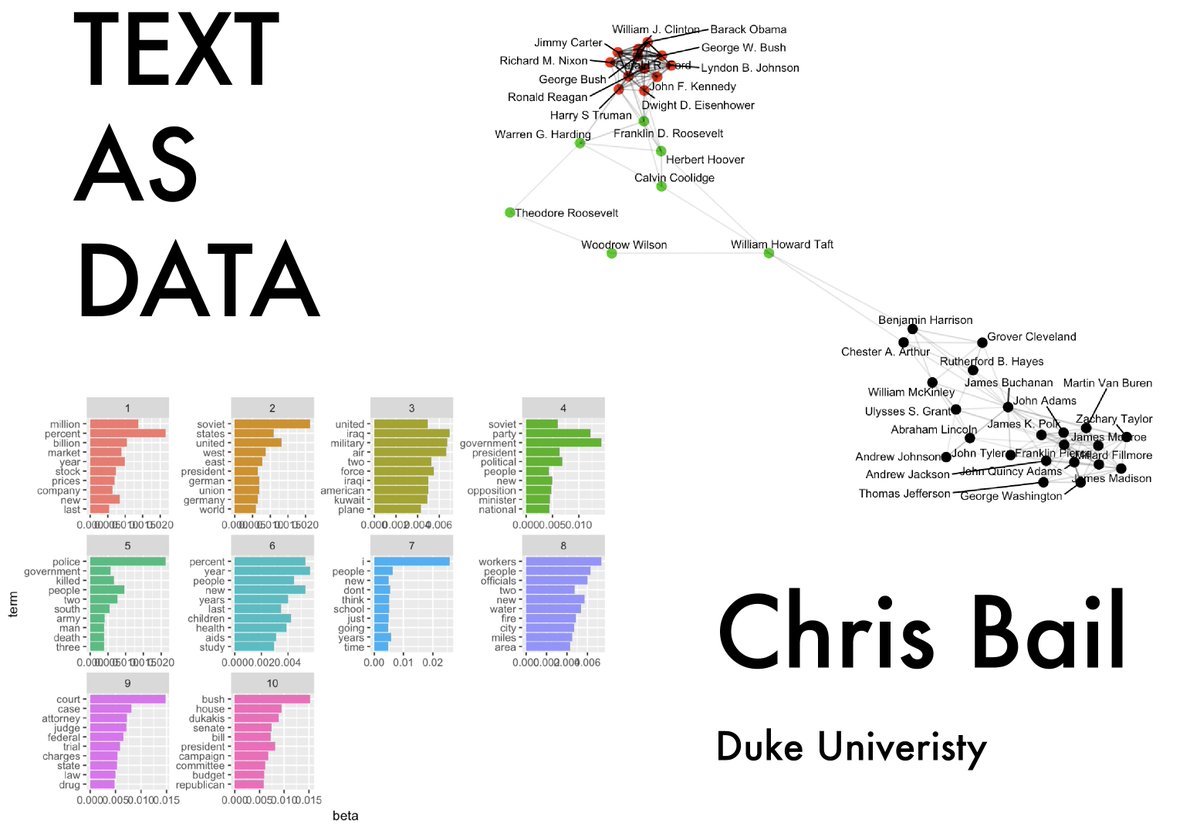
Many have expressed skepticism about calls for healing and #depolarization over the past few days. But what does the latest research indicate about the prospects for reconciliation? Let’s look at the #SocSciResearch...1/9
An experiment that asked Democrats and Republicans to discuss politics in person for just 15 minutes improved their attitudes towards each other by *70 percent* compared to a control group. See @m_levendusky ‘s forthcoming book “Our Common Bonds” 2/9
Brief cross-party conversations seem to be effective even if they occur on an online chat platform created to pair partisans to discuss controversial topics (~9 point increase on a 0-100 point “feeling thermometer”. See @erinrossiter’s job market paper (then hire her ;) 3/9
Most people overestimate how negative cross-party contact will be, and people who engage in brief contact tend to want more of it later. See multiple recent papers by @JuliaMinson and co-authors 4/9
Contact with members of the other side might not even be necessary to reduce polarization. Simply correcting misperceptions Dems and Reps have about each other can create significant reductions in polarization as well (see the work of @profcikara, Ahler and Sood, and others) 5/9
This is still an emerging line of research MUCH more work must be done. But new stuff from our @polarizationlab reinforces findings above and gives further grounds for hope about not only inter-group attitudes but #depolarization in policy opinions as well (paper soon). 6/9
In the meantime, if you are appalled by how people are acting on social media right now (or the past few years), remember that ***social media is not real life*** and polarizing elites *want* you to attack their poor behavior during this critical juncture in our democracy. 7/9
NO ONE should ever feel compelled to reach across the aisle— and many wounds are too deep to heal. Debates about moral relativism will (and should) play out. But will the battle for the senate depend upon mobilization alone given historic voter registration rates in GA? 8/9
Regardless of where you stand on the prospect of #depolarization, I hope we will continue to share research to inform the debate (especially any studies I’ve overlooked by those whose voices are not yet part of the conversation) 9/9
• • •
Missing some Tweet in this thread? You can try to
force a refresh




